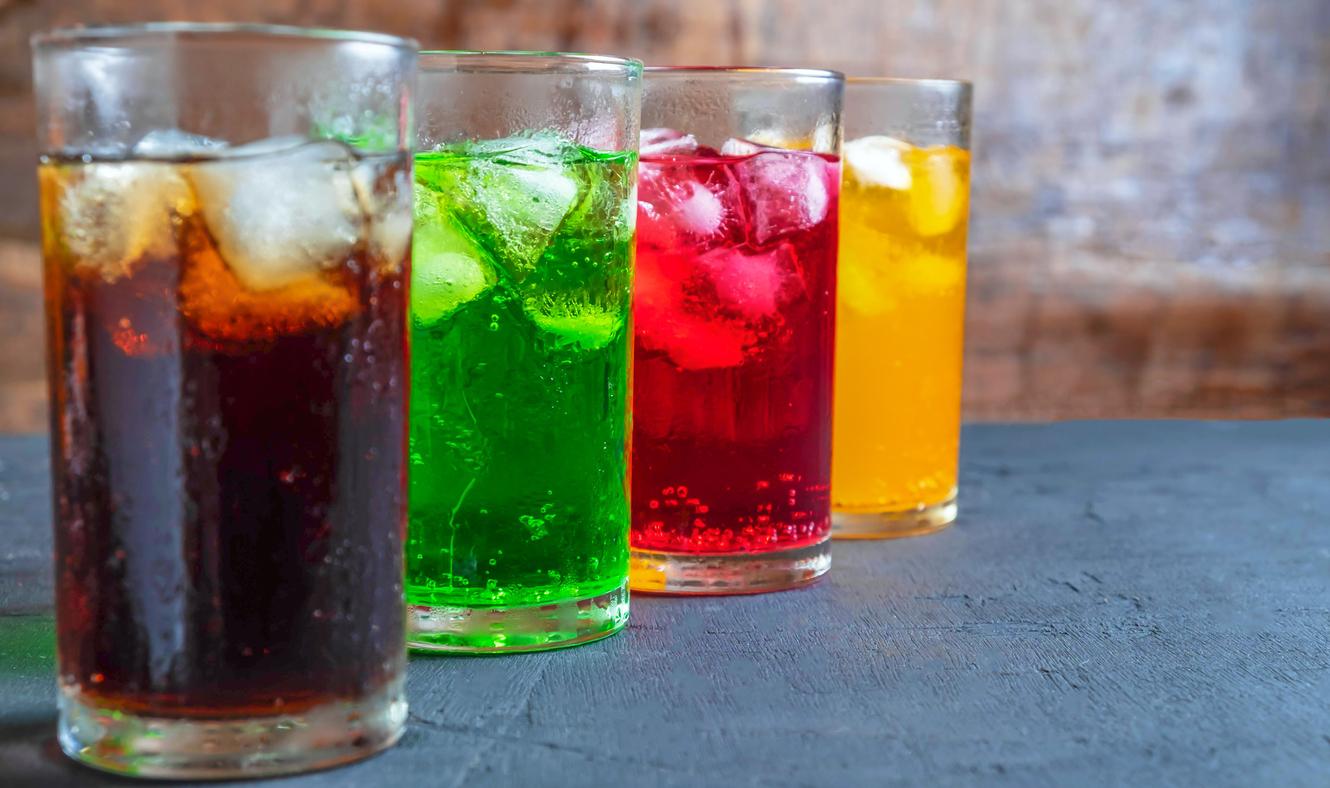Drinking soda increases the risk of depression, even if you consume one drink per week, according to researchers.

- Drinking soda increases the risk of depression.
- This link is visible even with a consumption of 200 milliliters of soda per week.
- Weight and blood sugar levels, however, have no link with depression.
Obesity, heart problems, liver cancer, memory problems… The more research there is on the subject, the more the list of harmful effects of soda consumption increases. And a study, recently published in the journal Scientific Reportsadds one: these sugary drinks increase the risk of depression.
Consumption of soda promotes depression
To reach this conclusion, the researchers studied data from 87,115 Koreans, aged 32 to 46 (39.5 years on average) and who had never suffered from mental health problems before the study. They were followed for a little over five years.
All completed questionnaires on their eating habits and soda consumption, on their depressive symptoms and on other data (level of physical activity, smoking, alcohol consumption, etc.). At each follow-up session, their blood sugar levels were measured.
The participants were classified into five groups ranging from those who never or almost never consumed soda to those who drank it more than five times a week, with doses of 200 milliliters. Results: the more soda consumption increases, the higher the risk of depression, proportionally.
More risks even with low soda consumption
“Surprisingly, even the group that drank sugary soft drinks at least once a week had a higher frequency of depressive symptoms than the group that did not drink them at all.”, explains Ju Young Jung, co-author of the study on the subject and researcher at Kangbuk Samsung Hospital of Sungkyunkwan University in South Korea, at PsyPost.
In contrast, weight and blood sugar levels had no impact on depression, although they were linked to soda consumption. Indeed, scientists note that with equal consumption of sodas, prediabetic, diabetic participants or those without diabetes problems had the same levels of depression.
“Excessive consumption of added sugars in soft drinks is not only a problem of Western society, believes Ju Young-Jung. In Asian countries like South Korea [où l’étude a été menée]the tendency to drink carbonated drinks instead of water increases with westernization and this can lead to a series of health problems.”

















